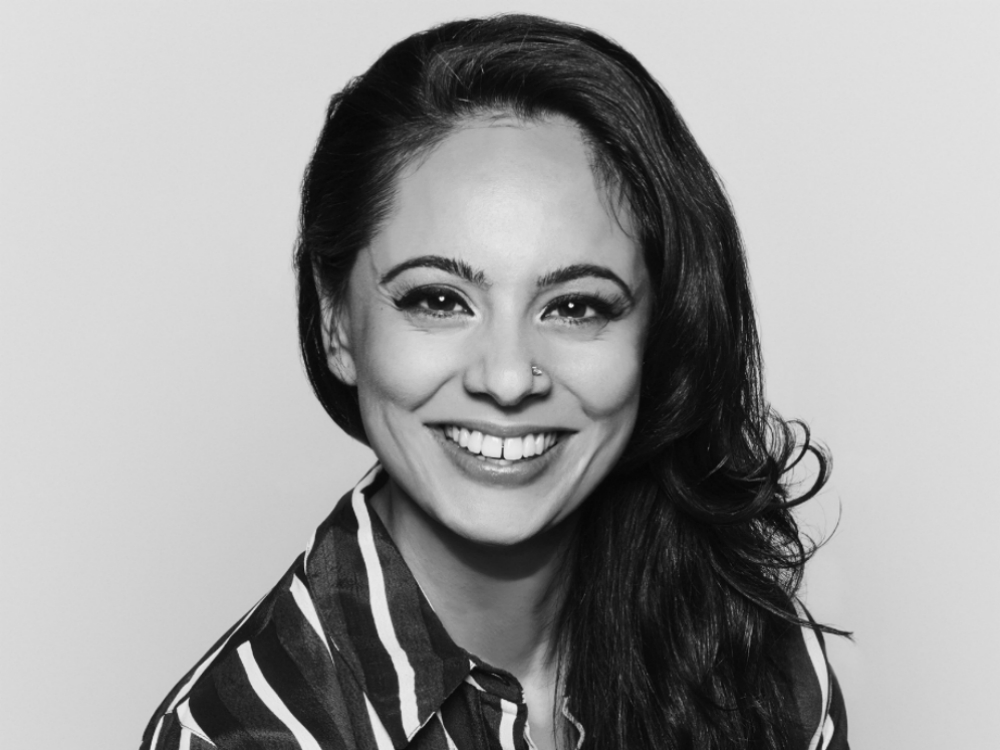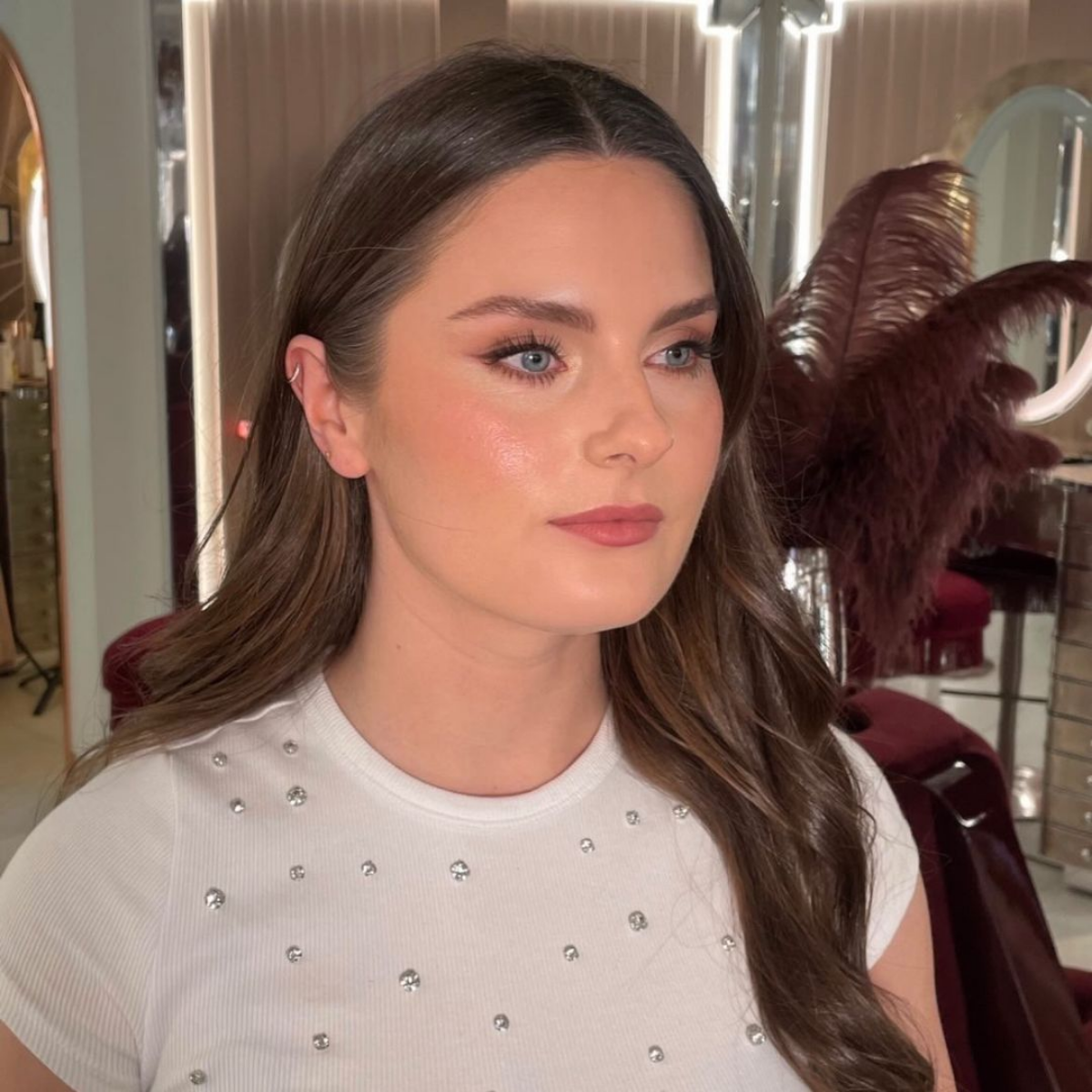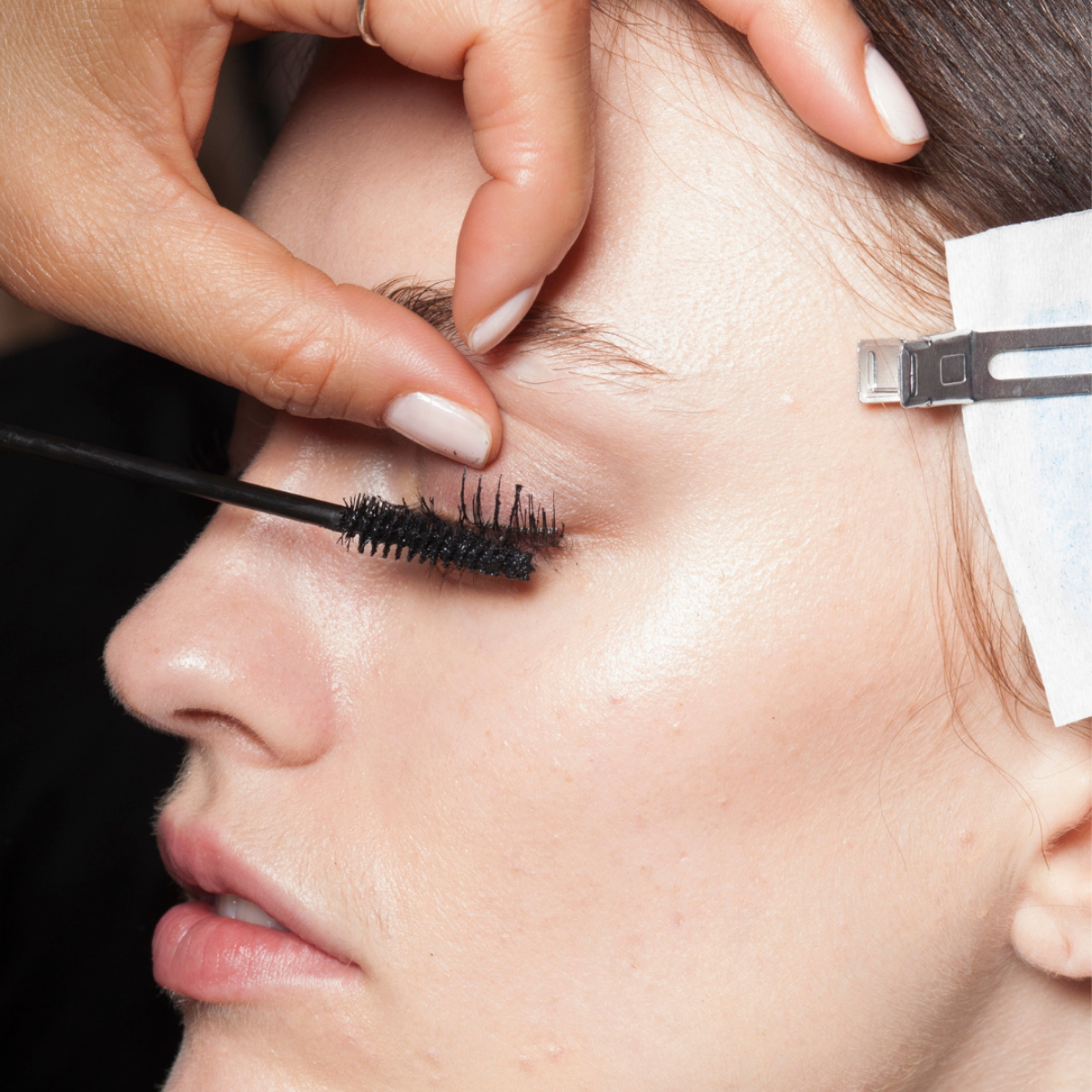Pavan Amara: Meet Our #Breakfree From Shame Ambassador
As the founder of the My Body Back Clinic, Pavan is using her own experiences of sexual assault to help other women move forward…

As the founder of the My Body Back Clinic, Pavan is using her own experiences of sexual assault to help other women move forward…
‘There’s the misconception about rape, that if you get emotional support, you’ll be fine. Go to counselling – talk about your feelings – and a year or so later, you’ll be OK. But there are physical consequences of rape too, and in some situations, they’re the ones that can make you feel the most ashamed.
A year or so after my assault, I was emotionally fine. I'd got it together. I was doing good. But when I needed healthcare services, such as cervical screenings or STI testing, it wasn’t as straightforward. I’d had so many tests after my assault, I just didn’t want to be tested again for anything. Before I was raped, I’d never had a problem with that kind of thing. Sure, getting a smear test wasn’t very nice, but I’d just go along and get it over with, like anyone else. After I was raped, everything was different. Lying down on a tabletop and being inspected - examined - felt impossible. At the same time, my whole sexual landscape changed – I was quite confident before, but suddenly the way I felt about my body was shattered.
I looked for support services for women who had been raped and needed access to gynaecological healthcare, and I looked for spaces where women who had been raped could talk openly about sex, and enjoying it again. That’s the thing: rapists use sex as a weapon against you, and to get it back – to make sex something for yourself again, to give you pleasure – you need extra support. But there was nothing out there. Women were talking on forums, but that was it. It's a massive issue, but it was hidden away – tucked out of sight, like a dirty problem that nobody wanted to do anything about.
That’s when I started to do my own research. I interviewed 30 women from around the country - who had all been raped - about how they felt physically following the assault. They had all reached a place where they felt that they had picked themselves up, and were getting on with their lives again. But when it came to sexual health access and their sex lives, every single one of them said they had been affected. Some could no longer orgasm, others experienced flashbacks and found penetration difficult, or they were triggered by different positions and different touches. Some wanted to reclaim their body again, so had slept with lots of different people.
And it got worse. Over half of the women I spoke to hadn’t been for any form of cervical screening since they were raped, simply because they found it so hard to have somebody else take control of them, physically. It didn’t matter if that person was a healthcare professional – it was just too traumatic. One woman had been on the coil before she was raped – and it had always been a great method of contraception for her, because she had bad experiences on the pill. But after her assault, having it inserted triggered too many flashbacks – so she wasn’t using any contraception other than a condom. She was scared of getting pregnant, but she felt like she didn't have any other alternative. I just thought it was so unfair that these rapists had taken these women’s rights away from them.
I asked the women what they wanted – what would help them – and they all came to the same conclusion. They wanted a clinic which encompassed contraceptive care, STI testing and cervical screening, and they wanted it to be exclusively for women who had experienced sexual violence. They wanted to be able to go there without ever having to explain what had happened to them. They wanted to be in control – to tell the doctor what position they wanted to be in, where was safe to touch, and what phrases they didn’t want to hear. One woman had been told by her rapist, ‘just relax and it will be over quicker’. Then, years later, she went for a smear test, and the nurse had said the same thing to her. If we want to help female healthcare, we need to take things like that into account.
Marie Claire Newsletter
Celebrity news, beauty, fashion advice, and fascinating features, delivered straight to your inbox!
There were other elements that we needed to control too. Like the colour scheme of the room, because women who have experienced assault need to feel like it's their space. They need to be able to bring in things like cushions, or photos. The women I spoke to wanted the option of aromatherapy and massage. Some women wanted to be able to choose gradual appointments – so that the first time they visited, they could get used to being undressed with the doctor present. In the next appointment, maybe the speculum would remain at the entrance of the vagina, then maybe a quarter of the way in on the third appointment, and so on. They wanted a space to ground themselves afterwards – a relaxation area where they could go to read, or have a hot chocolate. It was about having an emotional experience, not just a physical one.
By the end of the interviews, I knew exactly what the clinic would look like, and I really wanted to start it. One of the women I’d spoken to had said ‘what I really want is to have my body back’ – which is where the name, My Body Back, came from. I had no medical training – no expertise in the area at all – but I knew it was important. So I got in touch with the NHS, spoke to doctors and nurses, and in August, we opened the MBB clinic, and launched Café V – a space where women who’ve experienced rape can talk openly about sex.
It was hard work, but it’s been overwhelmingly worthwhile. Even before we opened, we were booked up until the end of the year, and we had a waiting list of over 50 women – that’s without any kind of advertisement, or any kind of marketing. Soon, women were even flying in from Spain and Ireland. That's how desperate they were to attend.
The thing is, you can see all of this as a huge success, but it's the result of a huge failure in society. It absolutely breaks my heart that people have to pay for a plane ticket to receive basic medical care – what about the people who can’t afford it? I still can’t get my head around the fact that until August, nothing like this existed in the UK. I think that says a lot about the state of services for women – especially for those who have experienced assault. No wonder we’re made to feel like we’re at fault, or like we should be embarrassed of our assault – the control over our bodies has been taken away, and it’s not even being acknowledged. And if we want to #breakfree from shame, that’s one of the very first things that has to change.’
The leading destination for fashion, beauty, shopping and finger-on-the-pulse views on the latest issues. Marie Claire's travel content helps you delight in discovering new destinations around the globe, offering a unique – and sometimes unchartered – travel experience. From new hotel openings to the destinations tipped to take over our travel calendars, this iconic name has it covered.
-
 I tried Charlotte Tilbury’s bridal make-up service for my wedding, and *loved* it—here’s everything you need to know
I tried Charlotte Tilbury’s bridal make-up service for my wedding, and *loved* it—here’s everything you need to knowOne of my favourite beauty experiences to date
By Tori Crowther
-
 I get lash lifts regularly—here’s how I combat 'lash dehydration’, as per expert advice
I get lash lifts regularly—here’s how I combat 'lash dehydration’, as per expert adviceHow I've got my flutter back on track...
By Rebecca Fearn
-
 Prince Harry's "proud" words about wife Meghan Markle are going viral
Prince Harry's "proud" words about wife Meghan Markle are going viralBy Jenny Proudfoot